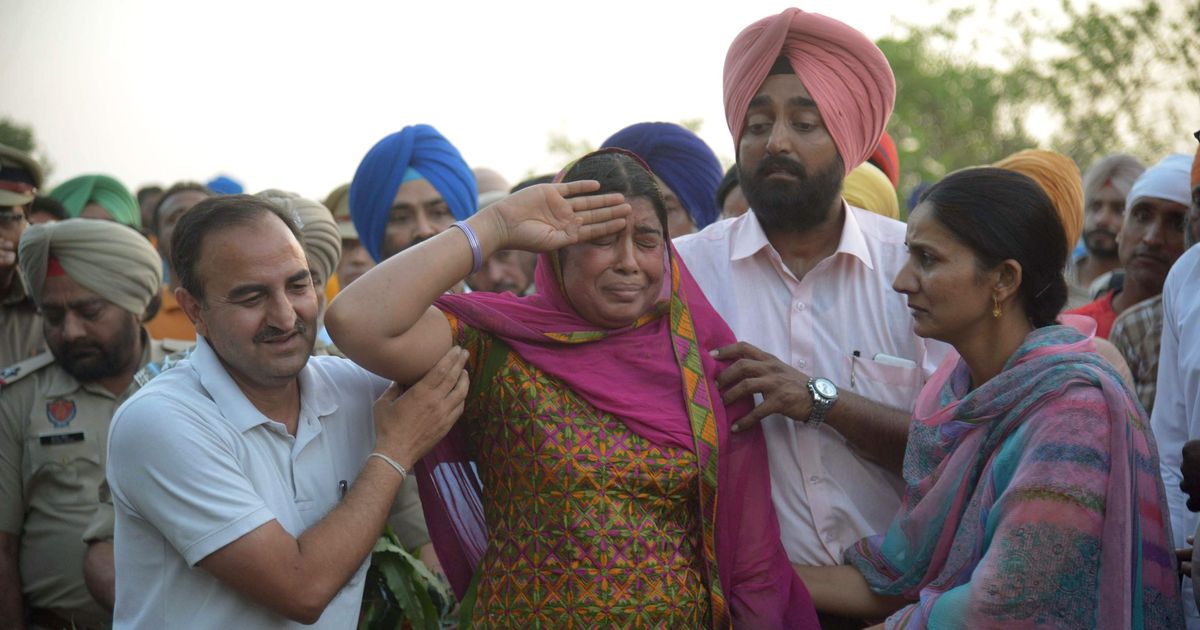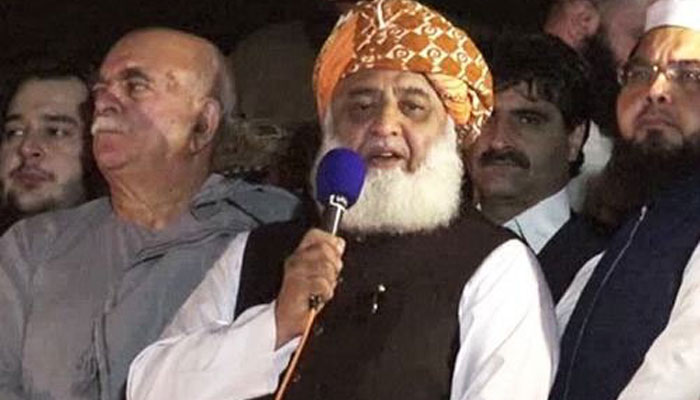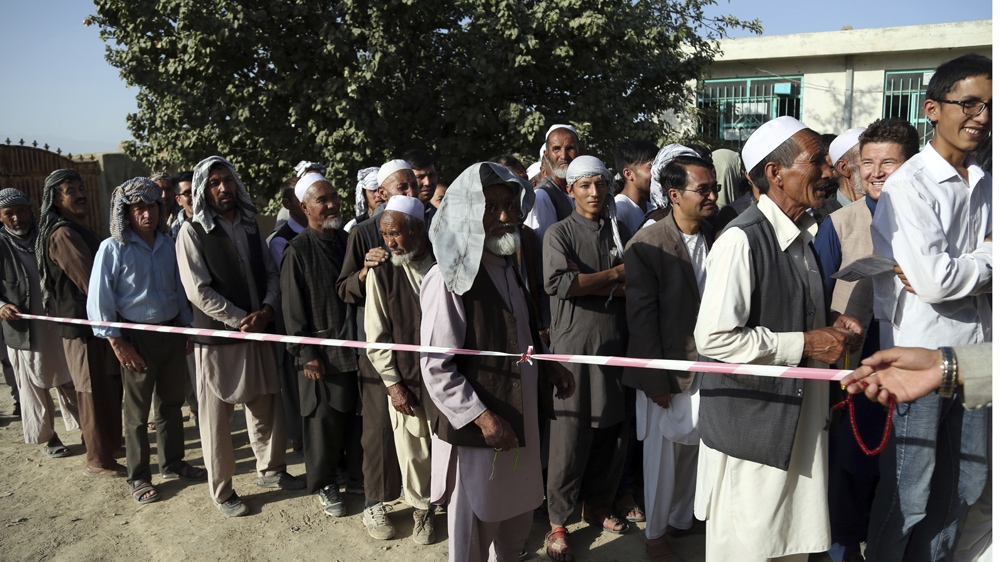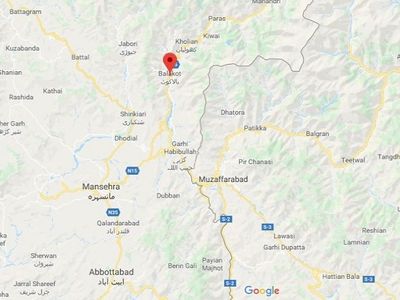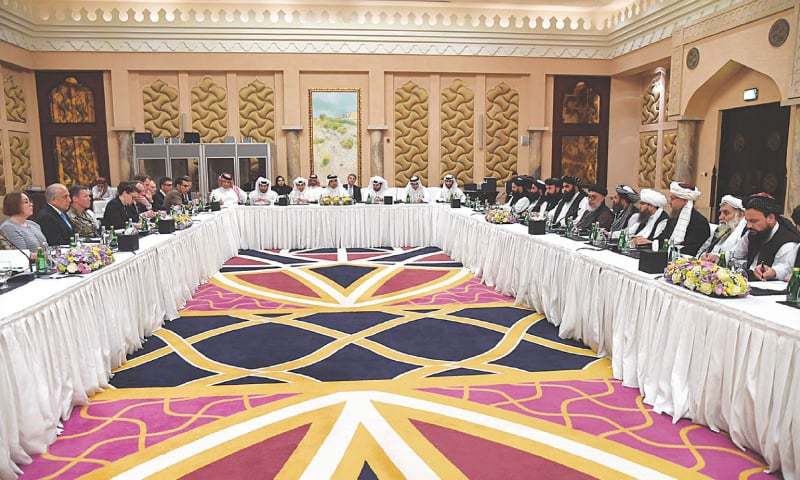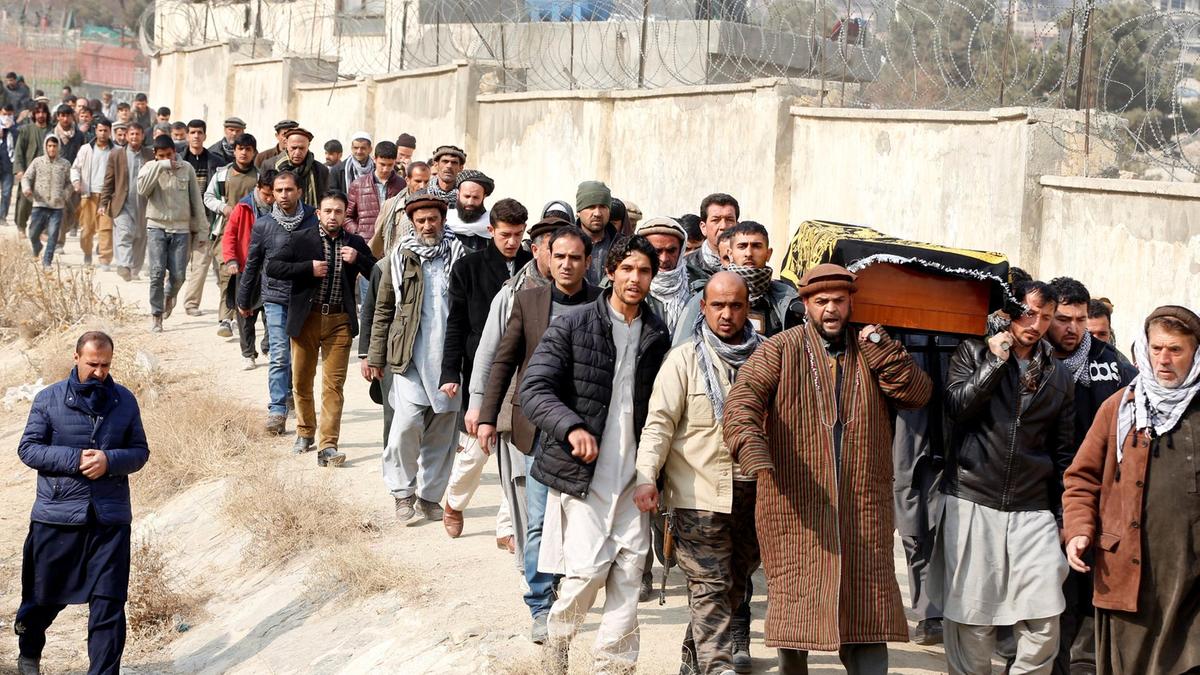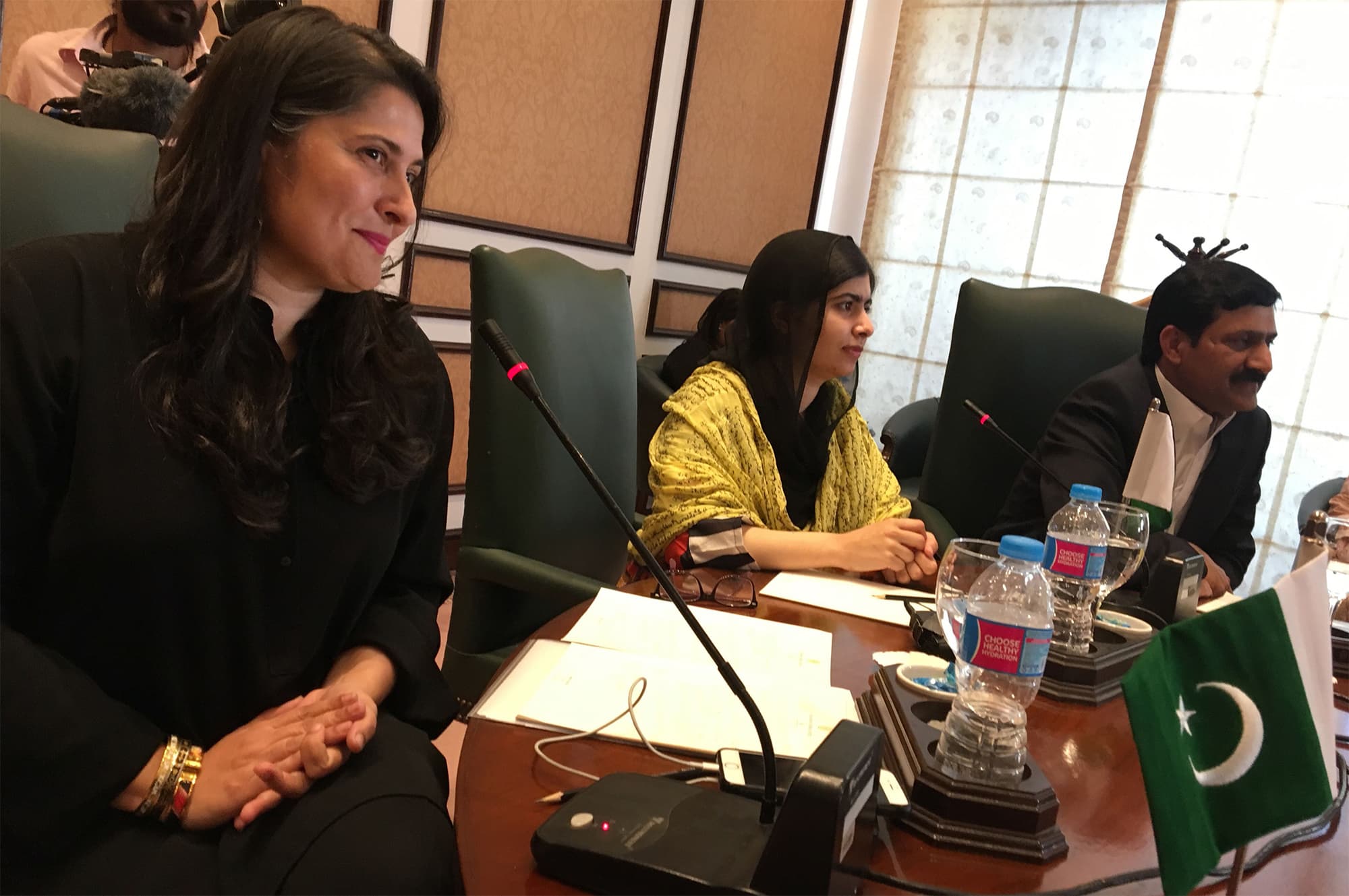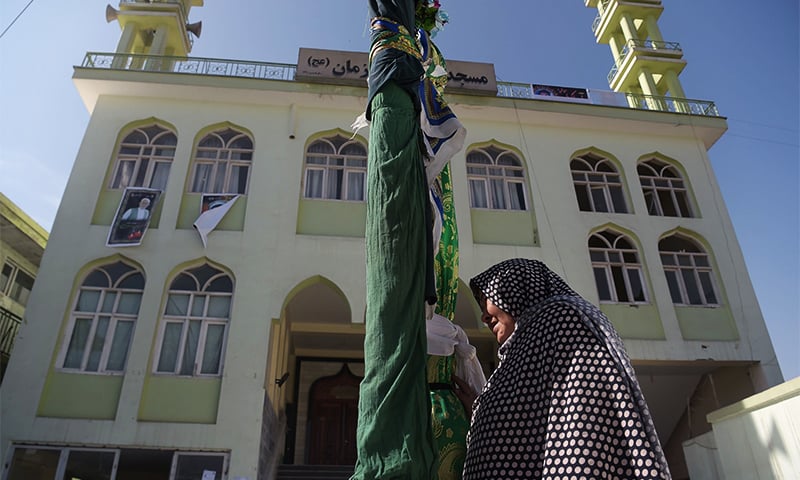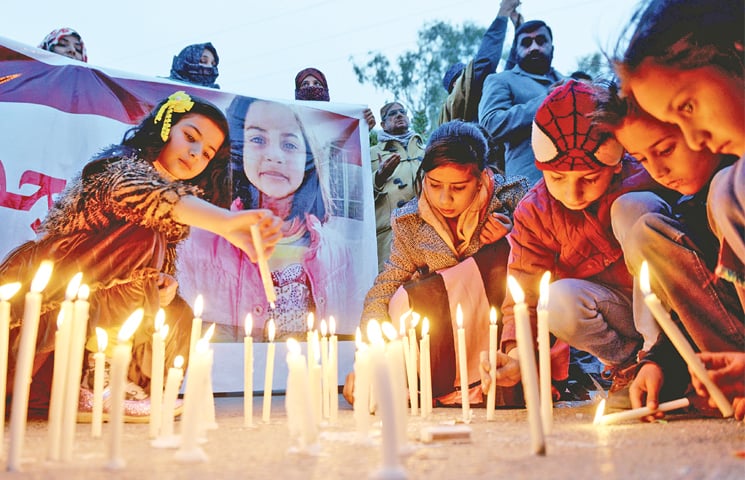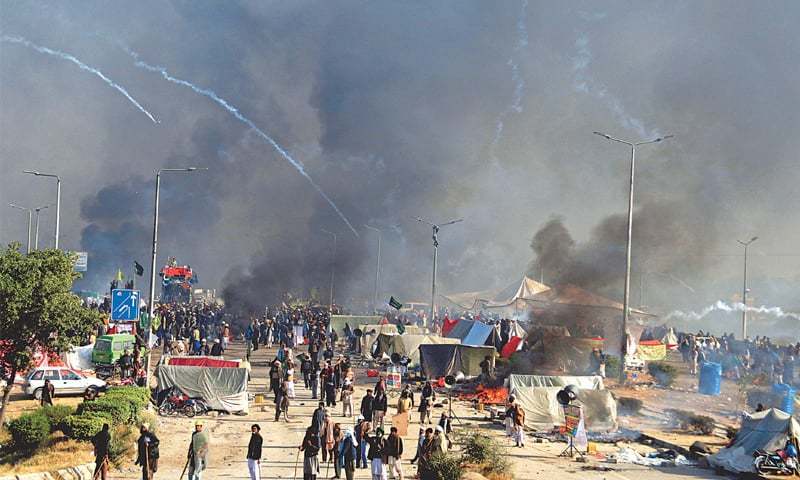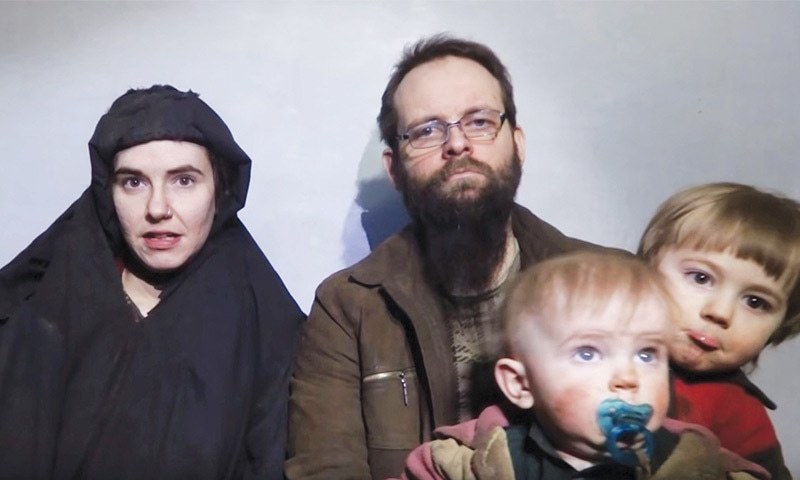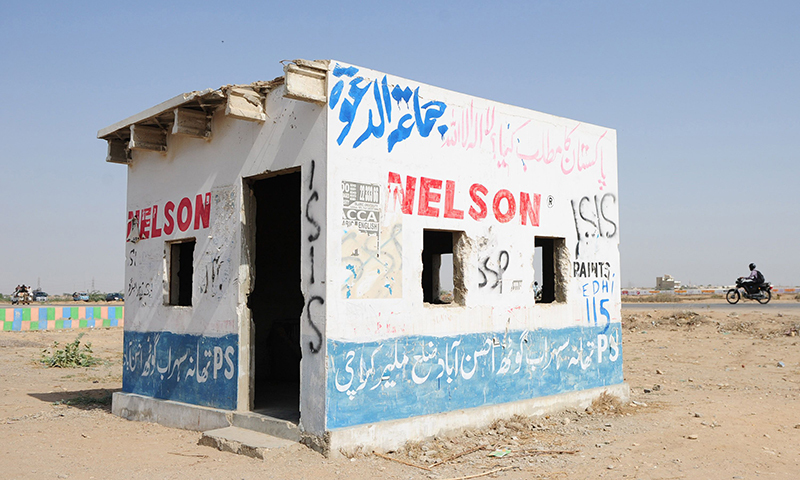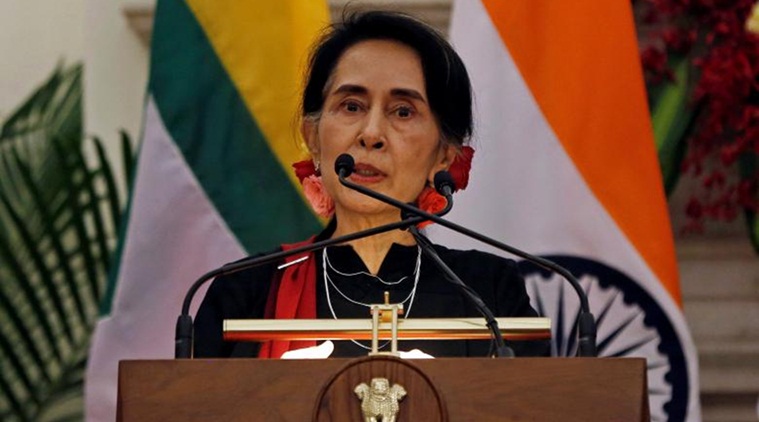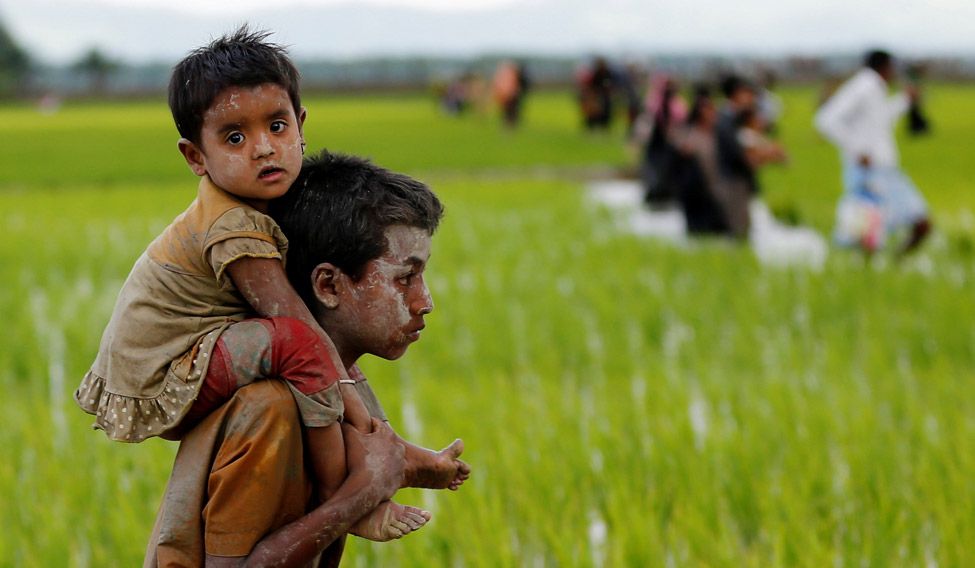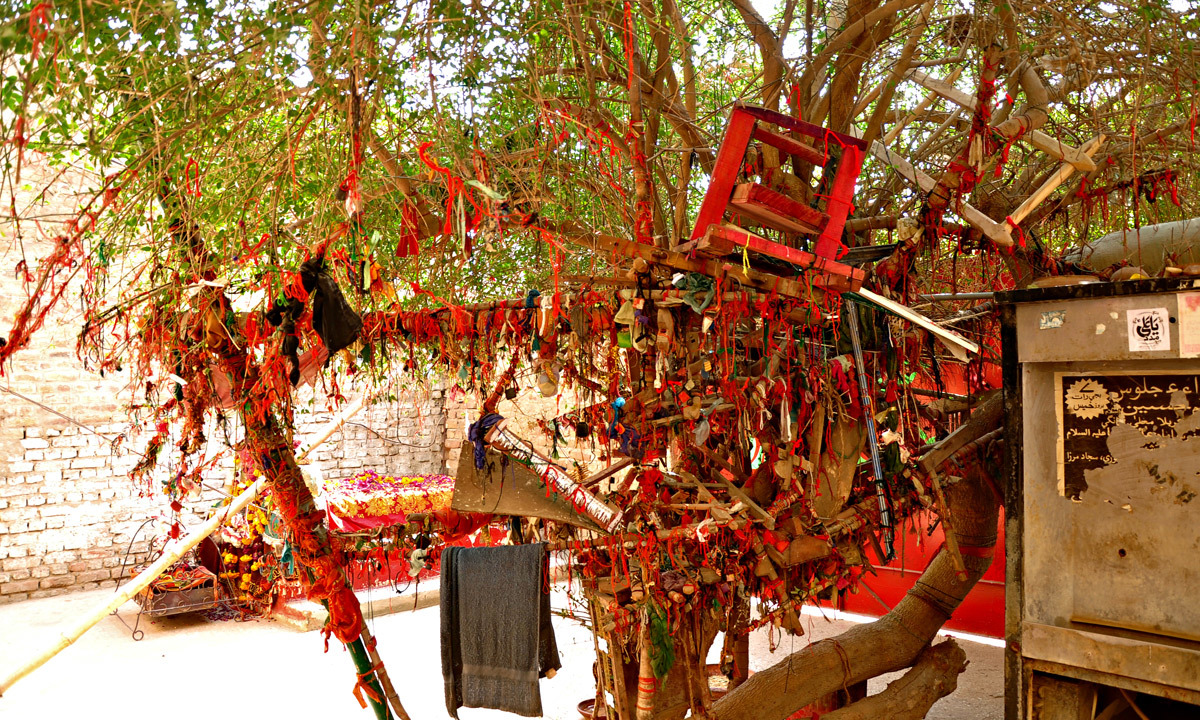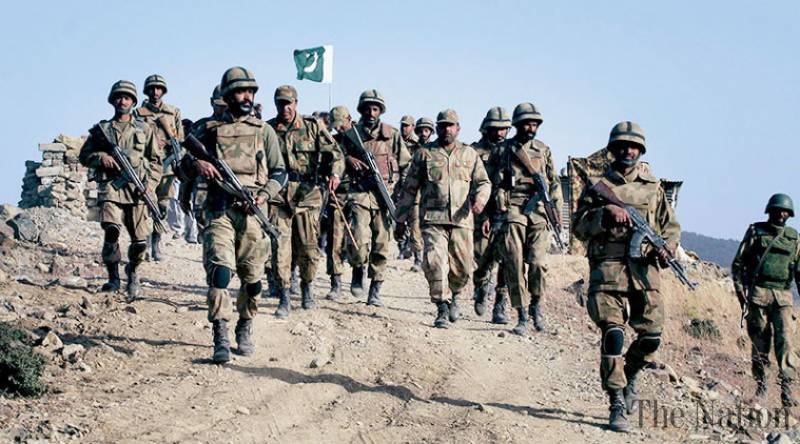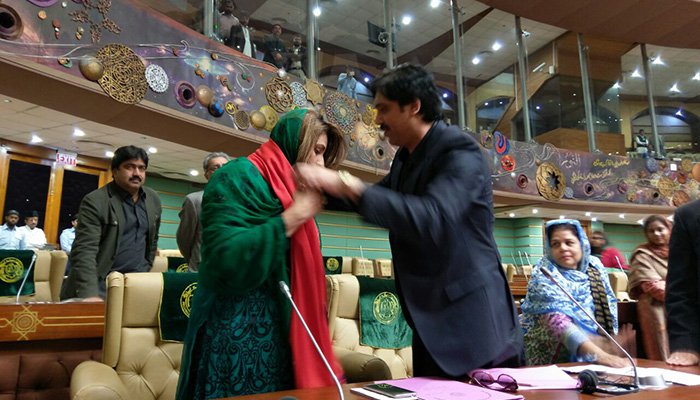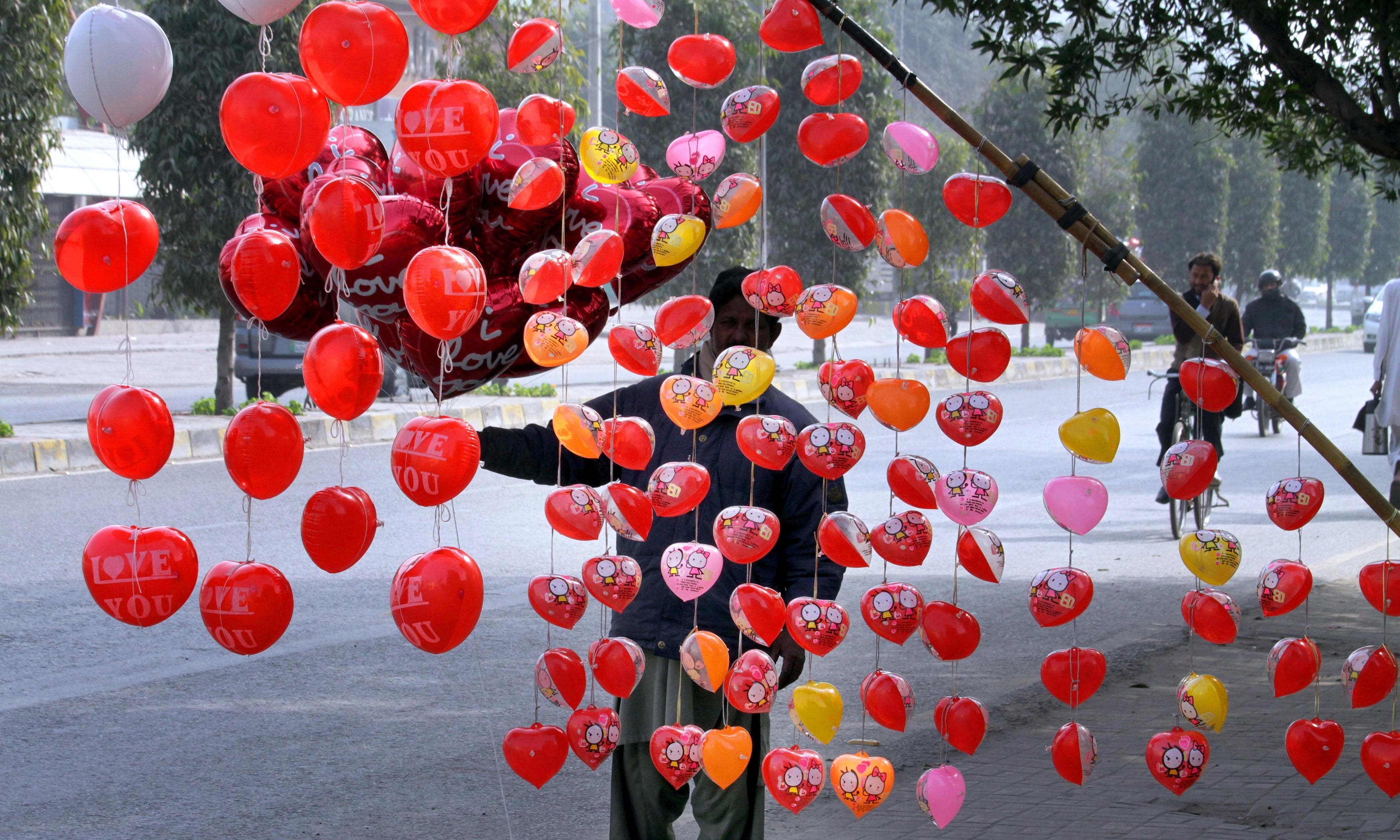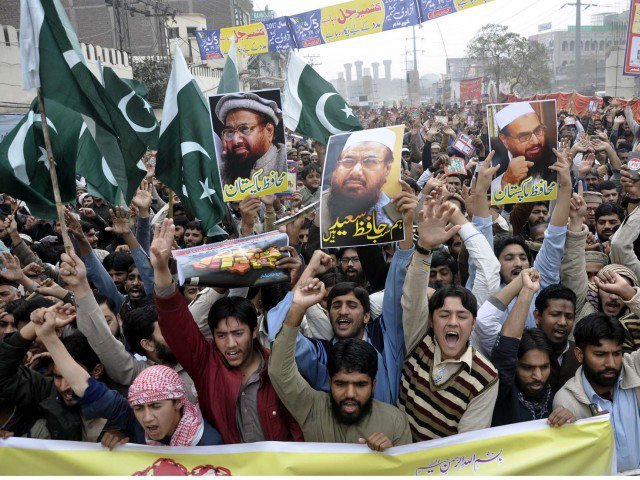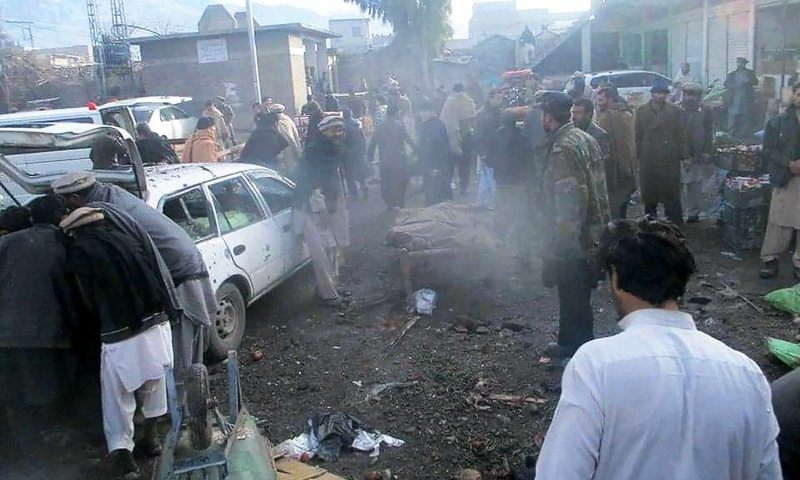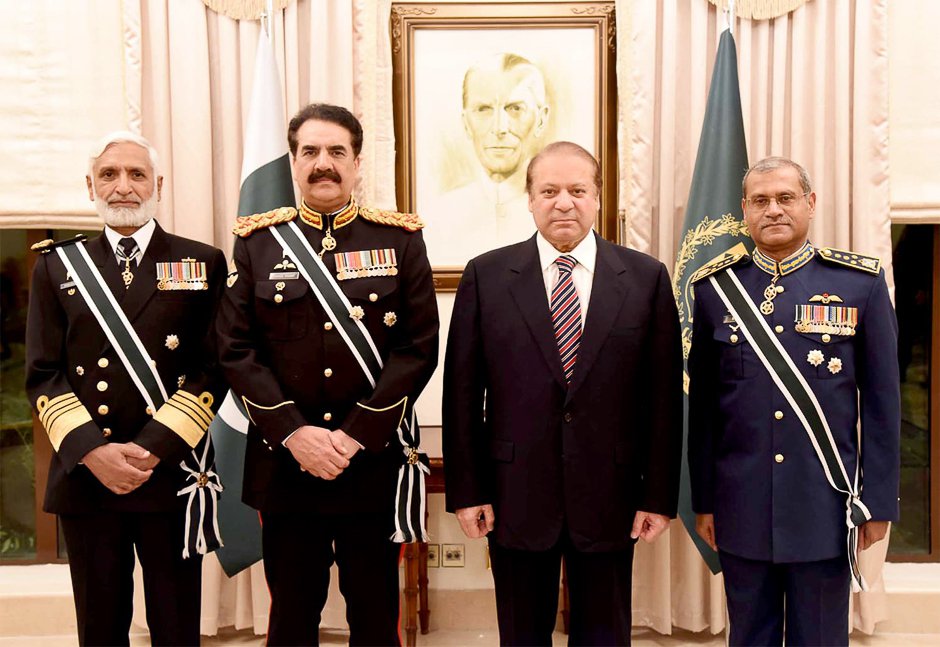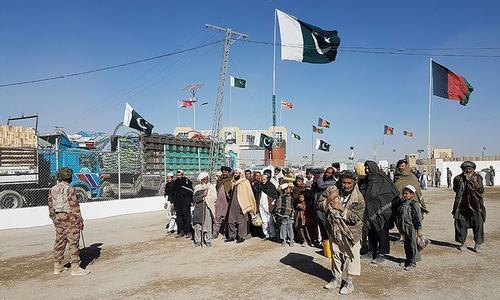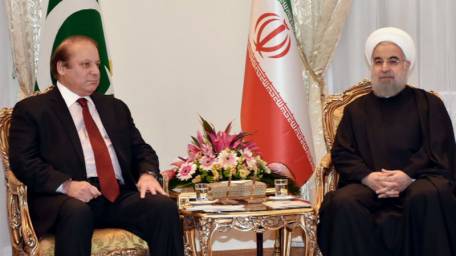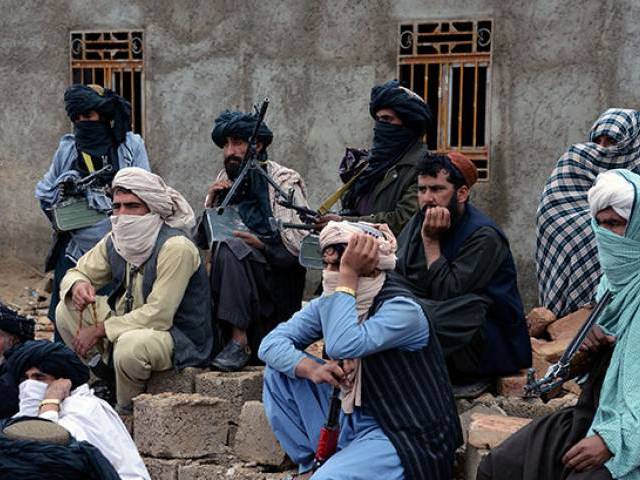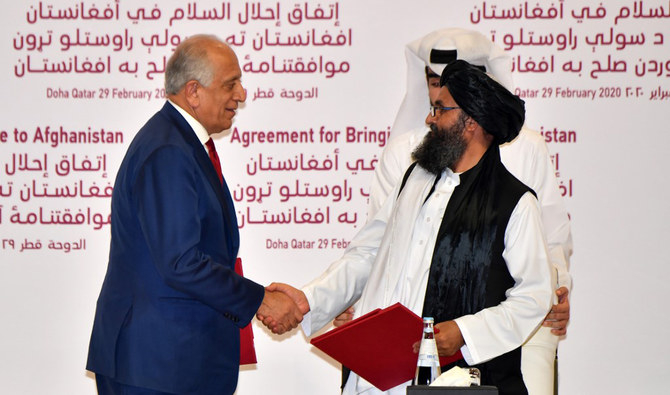
The Afghan security forces may not collapse in the immediate withdrawal but would fight back. Taliban would want to capture the cities one by one as it did in the 1990s; the former would want to prevent the same from happening. This would lead to what the majority Afghans want to avoid - an open house.
Conflict Reader # 78, 7 March 2020
CR Analysis
D. Suba Chandran
Professor
International Strategic and Security Studies Programme (ISSSP)
National Institute of Advanced Studies (NIAS), Bangalore
An edited version of this analysis was first published in The Hindu, 4 March 2020
The US-Taliban deal in Doha will lead to another civil war in Afghanistan, instead of a lasting peace that the Afghans have been yearning. The deal should have followed an intra-Afghan dialogue between the multiple actors, and an intra-Kabul understanding between Ashraf Ghani and Abdullah Abdullah.
Instead, the Doha deal expects, that an intra-Afghan dialogue (that has been elusive since the days President Hamid Karzai and the establishment of Afghan High Peace Council in 2010) would follow, leading towards peace and stability. The Doha deal, at the most, is likely to provide a face-saving exit for the US and an electoral trump card for Donald Trump. It would also legitimize the Taliban as a political actor inside Afghanistan.
Zalmay Khalilzad, the US special envoy for Afghanistan, should take the blame; instead of advising the US President about the impossibility, he has become a hitman for Trump’s immediate need.
For Trump, it is the US Elections stupid
Trump wanted this deal. Badly. The objective is not that it would lead to stability in Afghanistan by making the Taliban a stakeholder in any future political framework. Instead, his objective is domestic. Trump wants to be seen as “the Afghan dealmaker” who brought the US troops back home and ended the longest American war. He wants this before the forthcoming US Presidential elections.
Perhaps, Trump also has a Nobel peace prize ambition. A President, who brought peace to Afghanistan! He thinks he deserves it.
The second primary objective of the US, outside Trump’s immediate election priority, is a face-saving exit for the American troops from Afghanistan. The focus of the deal is at Taliban severing its links with other international jihadi groups – al Qaeda and the ISIS. With al Qaeda network already neutralized in the Af-Pak region, Trump could sell the deal to his domestic audience with the following. Taliban will not support any other international jihadi groups in Afghanistan; hence the US troops could return home. After all, they entered Afghanistan to neutralize al Qaeda and Osama bin Laden after 9/11.
For the Taliban, it is the first victory in 2020. Others would follow in the ground
Undoubtedly, the biggest beneficiary of the Doha deal is the Taliban. First, the deal legitimize the Taliban as a primary actor in deciding the future of Afghanistan.
Taliban has been waiting for this moment and this deal. It knew that the US troops would not stay forever in Afghanistan. Perhaps, the Taliban advisors also underlined how desperate Trump would become, hence decided to play a strategy of hit and wait. It increased the intensity of violence during the last few years, without completely breaking off from the negotiations with the US. It never agreed to a ceasefire; even when the proposed deal in 2019 was cancelled off in the last minute by Trump, it continued with the above strategy.
Taliban also did not yield to the intra-Afghan dialogue proposal by the US. It resisted any such strategy, and also consistently stated that it does not recognize the elected government in Kabul led by Ghani. It continued targeting the Afghan security forces – making 2018-19 one of the most violent years in recent Afghan history.
Taliban has also been consistent with its other position – any dialogue within Afghanistan will take place only after the foreign troops leave.
Taliban leadership would be smiling now. They have not yielded to any of the American demands. True, they have agreed not to support al Qaeda and the ISIS; but, there is no al Qaeda today within Afghanistan. Moreover, the Taliban is fighting the ISIS internally. Hence, yielding to this American demand will not affect its position within Afghanistan.
Taliban will wait and watch the American troops drawdown further in the next three months. It may not target them but will continue fighting the Afghan security forces. The US will watch the drama and perhaps would use it as a strategy to retain a residue force. Perhaps to watch Iran. And that should be ok with the Taliban.
One should expect the Taliban to return to the ground in the next few weeks and start targeting the Afghan security forces. Including a few spectacular attacks in Kabul – suicide or otherwise.
The first casualty: Intra-Afghan Dialogue
The deal may talk about an intra-Afghan dialogue, but is the Taliban interested in it?
Taliban’s objective would be to capture Kabul, and not to share power there with anyone. An intra-Afghan dialogue should have preceded the Doha deal. Taliban never wanted to negotiate with Kabul. Had it been the case, it would have happened earlier. After all, the Afghan Peace Council was established in 2010 during the period of President Hamid Karzai with the same purpose. Taliban targeted many of the Afghan Peace Council members, including its leader - Burhanuddin Rabbani in 2011.
Taliban would scuttle any attempt towards an intra-Afghan dialogue under one pretext or another. Hence, one of the principal objective of the deal – would be a non-starter.
Doha is bad timing for Kabul
Finally, the deal came at the wrong time – when Kabul remains deeply divided. The 2019 elections, instead of ushering into political stability, has brought Ashraf Ghani and Abdullah Abdullah into opposite camps. Both have declared victory and announced forming their governments. All that the US could do is to force them to postpone their announcement.
Instead, the US should have brought both the leaders on a common platform and imposed an agenda, as it did after the previous Presidential election. The 2014 elections also witnessed a similar outcome – however, the US negotiated a deal with both the leaders and made Ghani as the President and Abdullah as the Chief Executive.
This time, neither Zalmay Khalilzad pursued a serious strategy, nor Trump had the patience for two regional satraps, far away from Washington. Instead, they decided to deal with the Taliban and leave Kabul to fate. Or to the mercy of Kandahar.
To be fair to Trump and Khalilzad, Abdullah and Ghani should have realized the futility of their internal divide. Perhaps, both saw it as part of their final push to have their authority stamped in Kabul. And it backfired for both; now, they have to face the onslaught of the Taliban – either individually or together.
Afghanistan: Return to another civil war
The question now is not whether there would be another civil war in Afghanistan, but when.
With the divide between Ghani and Abdullah in Kabul, any announcement on government formation by either of them is likely to increase the faultline down the line across the bureaucracy and Afghan security forces. This is what the Taliban would wait for; instead of engaging in any internal dialogue, it would attempt to impose itself over Kabul and the rest of Afghanistan.
The Afghan security forces may not collapse in the immediate withdrawal but would fight back. Taliban would want to capture the cities one by one as it did in the 1990s; the former would want to prevent the same from happening. This would lead to what the majority Afghans want to avoid - an open house.
